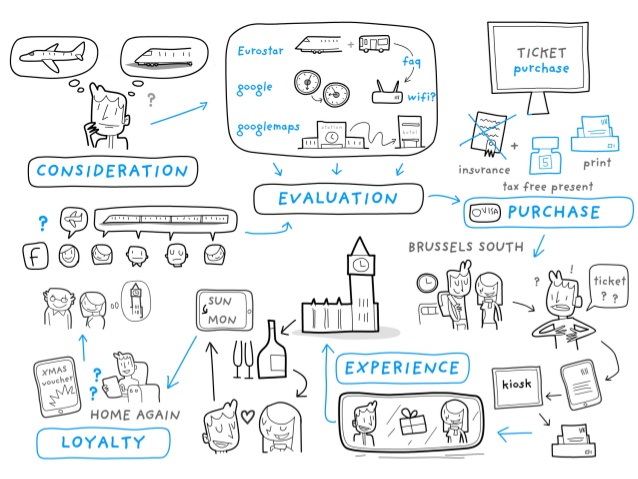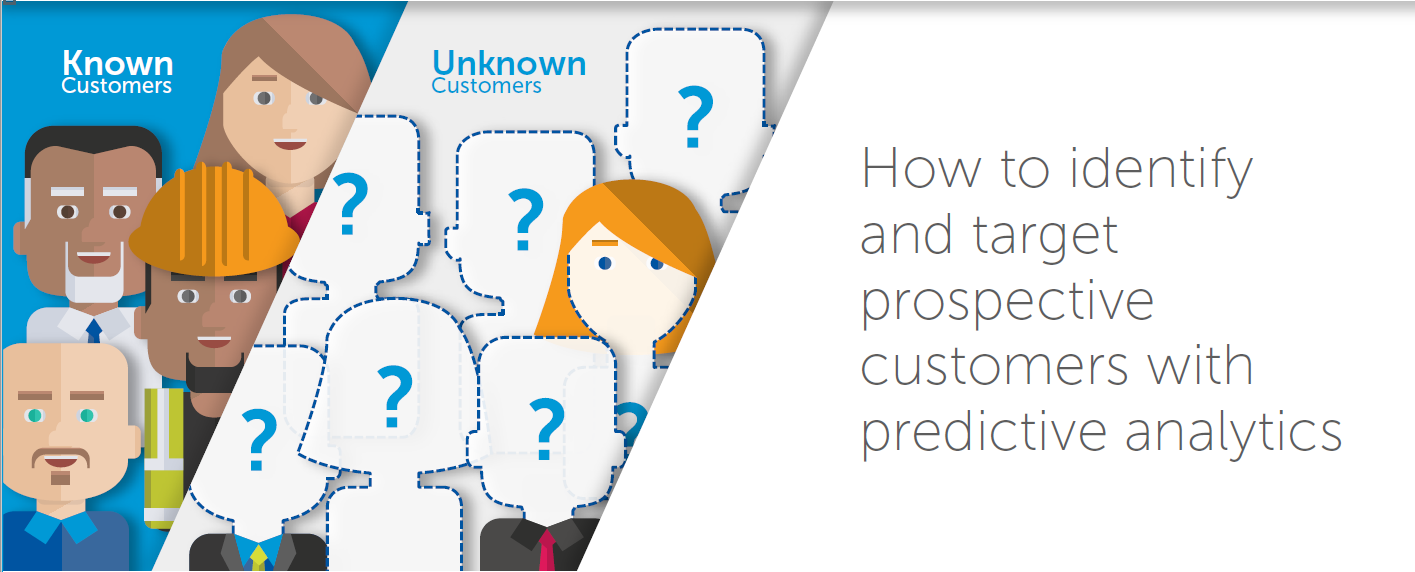Data scientists leverage the power of notebooks every day. They can cleanse, explore, and visualize data within notebooks. They can import their favorite packages, such as pandas, and harness the power of machine learning libraries as well. Clearly, a notebook is more than just a tool, it is the cornerstone of today’s data analytics. However, today’s users access open source notebooks independently of the data platform. As a result of this separation, data must be made accessible within notebooks, and this eats up valuable analytics time. In addition, having insights siloed outside of the platform causes inefficiencies in the journey from model to actionable business insight.
We’ve been covering some of the most fascinating applications of Practical AI over the past few months, but have you ever wondered what powers best-in-class AI technology?
Topics: Transformative AI, Practical AI, SoftwareUpdates, SignalExpressionSyntax, EMR, OperaNotebook
Once considered complex concepts best left to researchers in labs, now technologies like Artificial Intelligence, Deep Learning, and Neural Networks are regularly used for bold new business applications. There is no doubt that AI is here to stay and that AI applications will continue to disrupt every major industry. Financial institutions are building AI-backed chatbots that draw on years of data from customer site visits. In the same vein of “customer intent,” call center recordings are also being mined for answers to FAQs.
Topics: Data Preparation, Data Quality, Transformative AI, Practical AI, Data Management, MDM
In the last five years, the amount of data in the world has grown exponentially. Domo’s ‘Data Never Sleeps 5.0 and 6.0’ suggest that 90% of world’s data was created between 2016 and 2017, and the numbers have not slowed down since then. Smartphone applications are now dominating customers’ mindshare and Generation Z (those born from the mid-1990s to early 2000s) has not seen a world without computers and phones. As these younger consumers are added to the traveler mix, travel companies are now feeling the pressure to reimagine themselves in order to stay relevant amidst changing technology preferences. Travel company executives are asking: What are the key ingredients for reimagining personalization in travel?
Topics: Personalization, Customer Yield Management, TravelAI
Drug Hub: Sophisticated Machine Learning Algorithms to Address Pharmaceutical Needs
The process of discovering and designing new drugs is complex, expensive, and time-consuming. Developing a new drug is a multistage process that takes fifteen years on average. Different drugs may have their own unique requirements, but the overarching process consists of: discovery, preclinical testing, clinical trials, review, and approval.
Scientific American Lists AI Technologies among the "Top 10 Emerging Technologies of 2018"
A few months ago, Scientific American published a list of what they consider to be the "Top 10 Emerging Technologies of 2018". Two different applications of AI technology ranked highly on this list.
Now that 2019 is in full swing, we wanted to pause and reflect on those AI applications... Where were we in 2018, and where will we go in 2019?
Check back for our follow-up post tomorrow! You'll find out how Opera Solutions is answering those questions and how we're expanding the research on the emerging AI technologies.
Revenue Cycle Management & AI: Working Together to Keep Hospitals Healthy
An Unconventional Business Model
The business of healthcare is unlike any other business. The primary objective of a health system is to provide best in class services, rather than to maximize profits. Most people would agree that this is a good thing. It’s also a rare thing in the competitive world of business. The admirable commitment to “patients before profits” puts every health system’s cash flow at constant risk. A health system has more control when it comes to providing services, but relatively little control over collecting payments for these services. Inefficiencies in collection processes and missed charges result in significant lower revenues and directly impact the bottom line.
Topics: Healthcare, revenue cycle management, Artificial Intelligence, Revenue Cycle AI, Payment Integrity, Revenue Commander
Topics: Artificial Intelligence, Optimization, CinemaAI, Customer Yield Management, Telecommunications and Media
For every customer you have, there are dozens more with similar attributes waiting to hear from you.
Opera Solutions Wins First Place in Kaggle Competition
Michael Jahrer, VP of applied machine learning at Opera Solutions, proves his data science mettle by using deep learning to predict who will be a safe driver in the year ahead.
Porto Seguro, the third-largest insurance company in Brazil, set out to improve its predictions of who would file an insurance claim in the next year. The company sponsored a competition through Kaggle, the premier platform for predictive modeling and analytics competitions, and our own Michael Jahrer, VP of applied machine learning, took home the win.
Topics: Data Science, Machine Learning, Analytics, Artificial Intelligence










